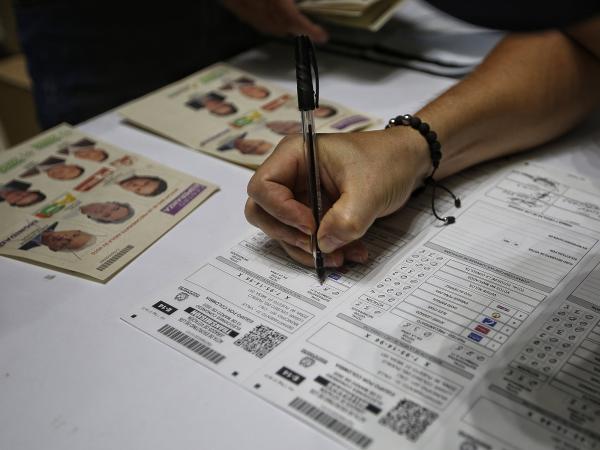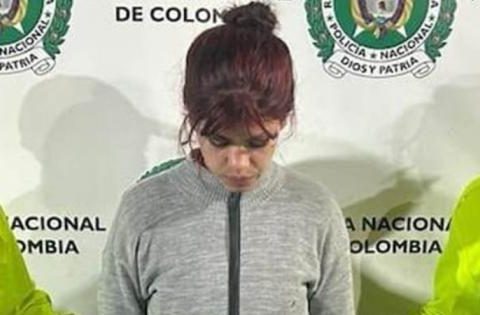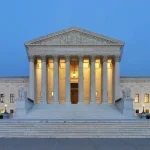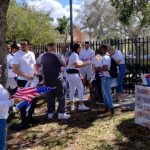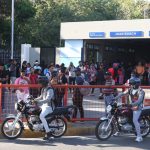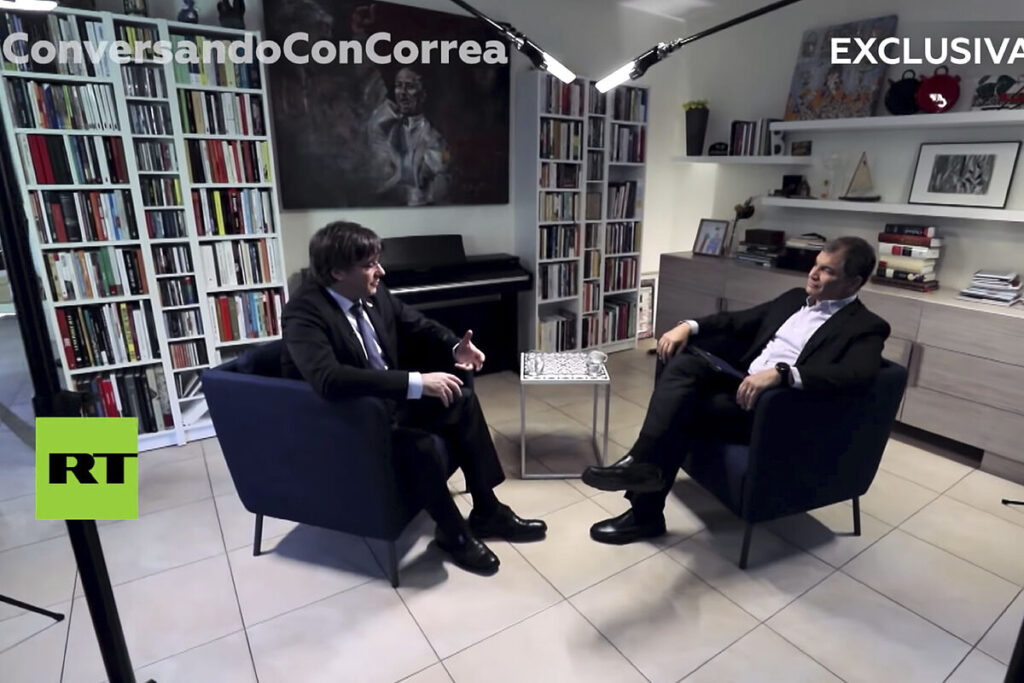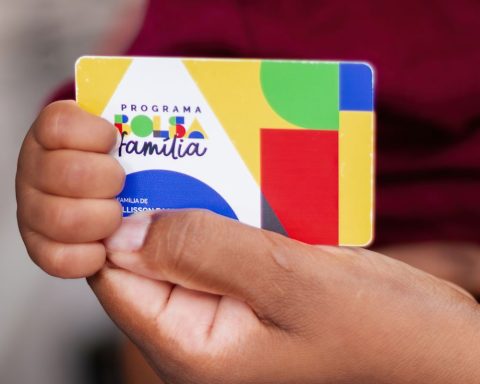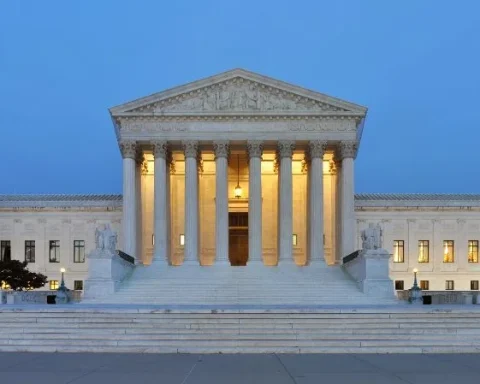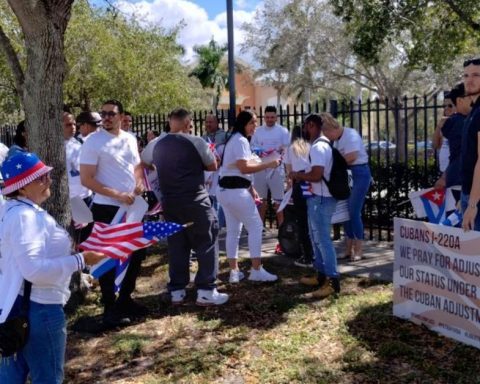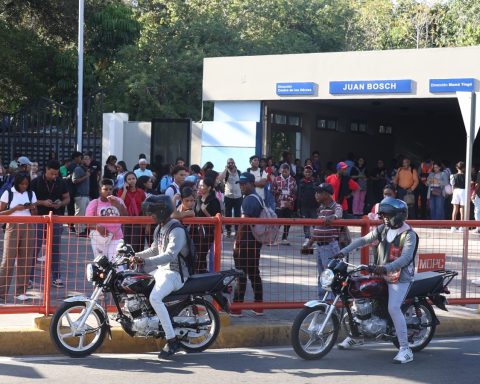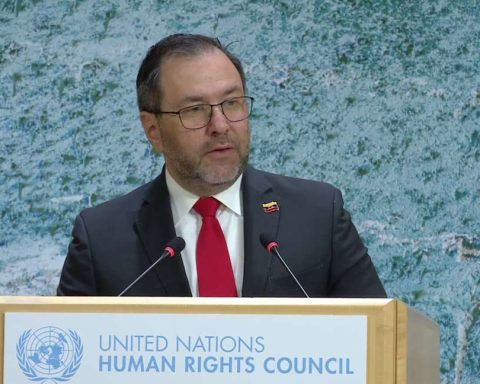A problem that Colombia did not have appeared with the legislative elections of March 13: doubts about the transparency of its electoral system after the fiasco in which the counting of the votes of the Senate and House became, just 70 days before crucial presidential elections.
(Duque calls the Electoral Guarantees Table for this Tuesday).
The first protest came from the left-wing coalition Historical Pact when they denounced as “fraud” that in some 29,000 polling stations not a single vote appeared, a clearly impossible situation not only because they are equivalent to 25% of the total but because that force was the most voted last Sunday.
That complaint, and similar ones from other parties, call into question the impartiality of the National Registry, the entity that organizes the elections, that a week later he still hasn’t clarified what happened and attributes it to “mistakes” of various kinds, while political analysts agree that one cannot speak of “fraud.”
Until now, the national registrar, Alexander Vega, has not given convincing answers about what happened, which increases concern about the correctness of the electoral organization just when the country is on the verge of presidential elections that could change its political course.
(Uribe asks for a recount of the votes and says that the result cannot be accepted).
On May 29, Colombians will return to the polls to elect a president and will do so again on June 19 in case the second round is necessary, elections for which voting intention polls give the former guerrilla, former mayor of Bogotá and Senator Gustavo Petro, leader of the Historical Pact.
THE LEFT RECOVERS VOTES
The scrutiny that is done after the elections added nearly 400,000 votes to the Historic Pact in the Senate, which gives it three more seats, for a total of 19, but it opened the door to claims from the parties that saw their vote reduced, like the uribista Democratic Center, which this Saturday he requested the recount of the votes and dropped the suspicion that there may be ballots altered by the juries of the tables.
“Under these conditions, no candidate should be declared elected until a total, public, vote-by-vote recount is made, with the review of cross-outs or alterations in the ballots and in the consolidation forms”requested the Democratic Center in a statement in which it listed seven failures in the elections.
Colombian democracy, with its imperfections, had not experienced a situation like this for more than 50 years, when a government maneuver in the 1970 presidential elections gave victory to conservative Misael Pastrana ahead of retired general Gustavo Rojas Pinilla, who had led the vote count.
Years later, the alleged fraud in those elections gave rise to the guerrilla Movement April 19 (M-19), which took its name from the date on which said elections were held and in which Petro was a member.
THE PHANTOM OF FRAUD
Coincidence or not, the mantle of suspicion about these elections was raised for the first time on February 3 by former president Andrés Pastrana, son of Misael Pastrana, regarding a visit by Petro to Madrid where he spoke, among others, with members of the Spanish multinational Indra, which supplies the platform for the scrutiny.
“The reasons for Petro’s suspicious meeting today in Madrid with the president of Indra, a contractor and software provider for the Registrar’s Office and the National Electoral Council, must be clarified to the country ahead of the elections”Pastrana wrote then.
Indra has repeatedly guaranteed “the security of the electoral process”, but Pastrana insists that it is “something absolutely abnormal” that Petro and the logger “come out overnight with a save of half a million votes.”
Even more surprising is that Pastrana’s initial complaint was picked up by the vice president and chancellor, Marta Lucía Ramírez, who in a letter to Vega expressed her concern about the alleged lack of guarantees in voting abroad, a process that depends on two official institutions: the Registrar’s Office and the Ministry of Foreign Affairs that she directs.
Given the uncertainty surrounding the process, President Iván Duque called a meeting of the Electoral Guarantees Table for next Tuesday, of which the Registrar’s Office and the National Electoral Council are part, as well as the Government, the participating political parties and movements. , control organisms and electoral observers.
Whatever the outcome of that meeting, it will be very difficult for After everything that has happened, the result of the presidential elections is not contested by the losers with allegations of fraud, with all that that implies in a politically volatile country like Colombia.
EFE
